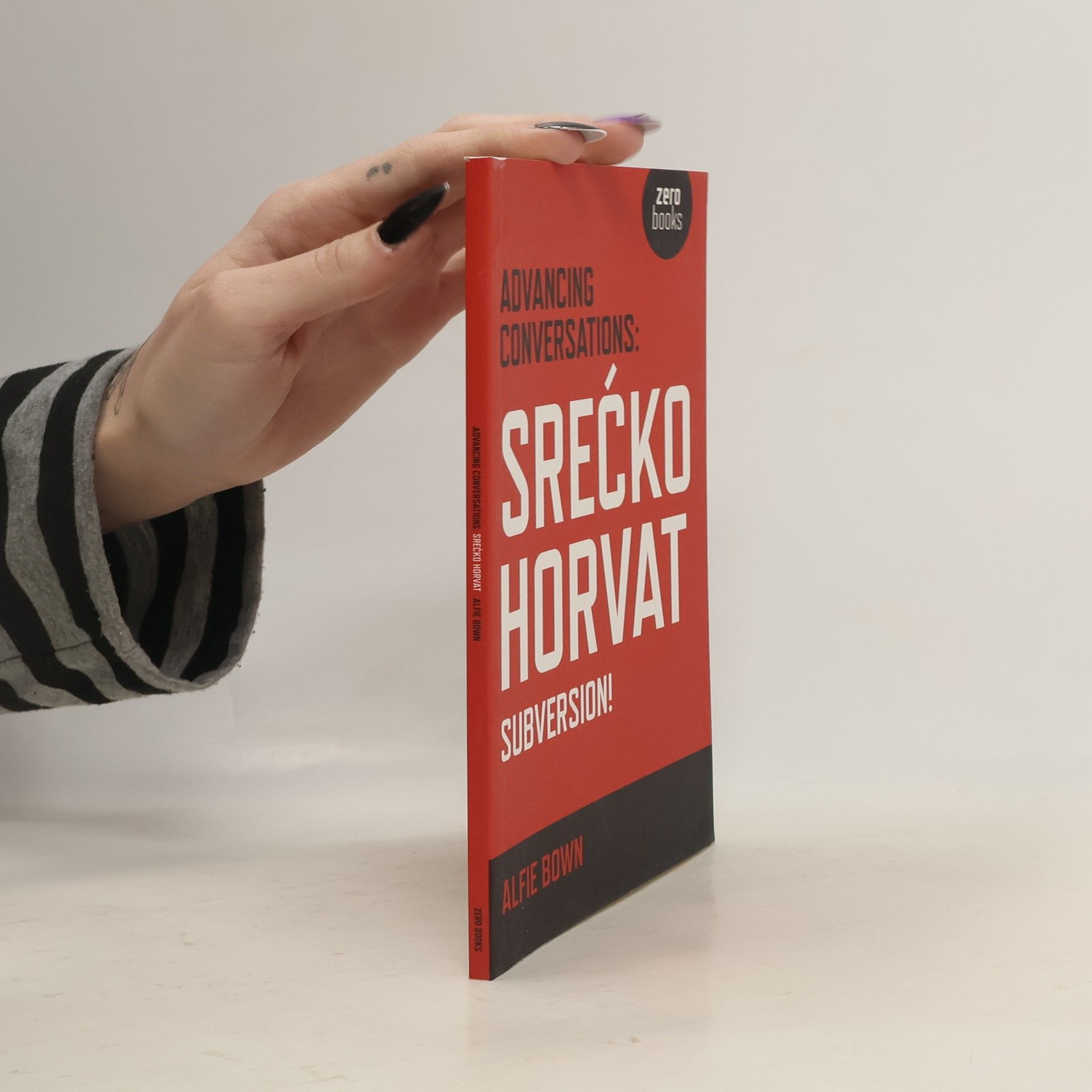Dream Lovers
- 160 Seiten
- 6 Lesestunden
How (and why) are new technologies radically reshaping our desires?





How (and why) are new technologies radically reshaping our desires?
The book explores the evolution of comedy from a unifying force that fosters friendship and solidarity to a source of tension and division in contemporary society. It argues that the rise of edgy humor and identity politics has led to a culture where jokes provoke anxiety and cultural warfare, undermining the universal spirit of comedy. By addressing issues like censorship and progressivism, the author emphasizes the need to reclaim comedy's role in building community and fostering genuine connections among people.
Using Lacanian psychoanalysis, as well as its pre-history and afterlives, In the Event of Laughter argues for a new framework for discussing laughter. Responding to a tradition of 'comedy studies' that has been interested only in the causes of laughter (in why we laugh), it proposes a different relationship between laughter and causality. Ultimately it argues that laughter is both cause and effect, troubling chronological time and asking for a more nuanced way of conceiving the relationship between subjects and their laughter than existing theories have accounted for. Making this visible via psychoanalytic ideas of retroactivity, Alfie Bown explores how laughter – far from being a mere response to a stimulus – changes the relationship between the present, the past and the future. Bown investigates this hypothesis in relation to a range of comic texts from the 'history of laughter,' discussing Chaucer, Shakespeare, Kafka and Chaplin, as well as lesser-known but vital figures from the comic genre.
In a world dominated by capitalism which is dangerously sliding into a new kind of fascism, Srecko Horvat's new book explores the concept of subverting the dominant paradigm in politics, technology and love. Drawing from his own experience of participating in different protest movements all around the world, working closely with WikiLeaks and being one of the protagonists of the Democracy in Europe Movement 2025, Horvat resists the prevailing melancholy of the Left by offering new political imagination beyond traditional concepts. Instead of the tension between horizontal movements or vertical political parties, "Subversion" opts for a radical dialectics of both methods as the only way out of our current deadlock. If there is a crack in everything, the way to use the light that gets in is constructive subversion.
Počítačové hry nepochopíme pomocou analýzy našej spoločenskej reality, práve naopak: ak chceme pochopiť, ako funguje naša spoločnosť, musíme poznať hry. A Alfie Bown to robí na takej vysokej úrovni, že stvoril okamžitú klasiku, knihu, ktorú si musí prečítať každý, kto sa chce vyznať v našom zmätenom spoločenskom svete.